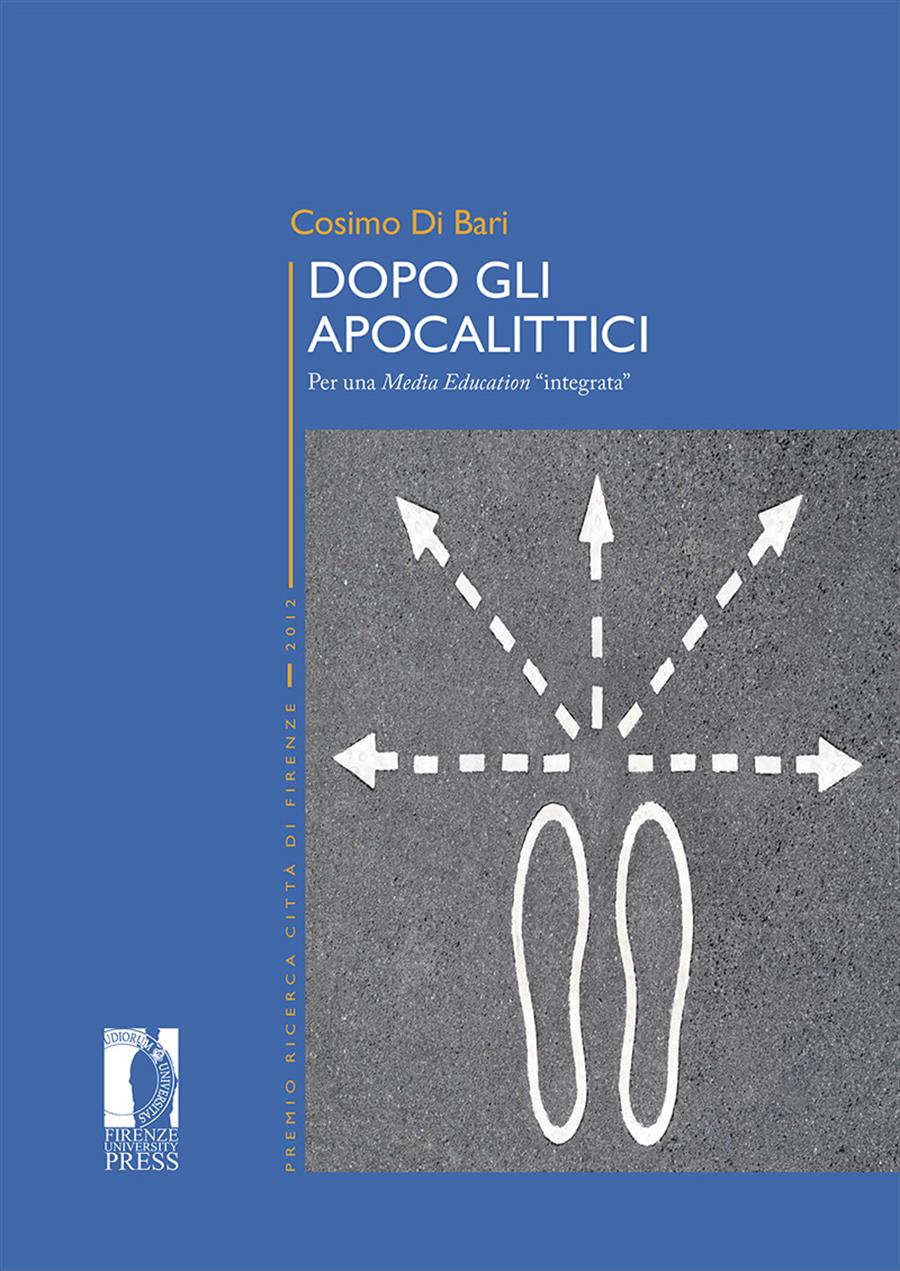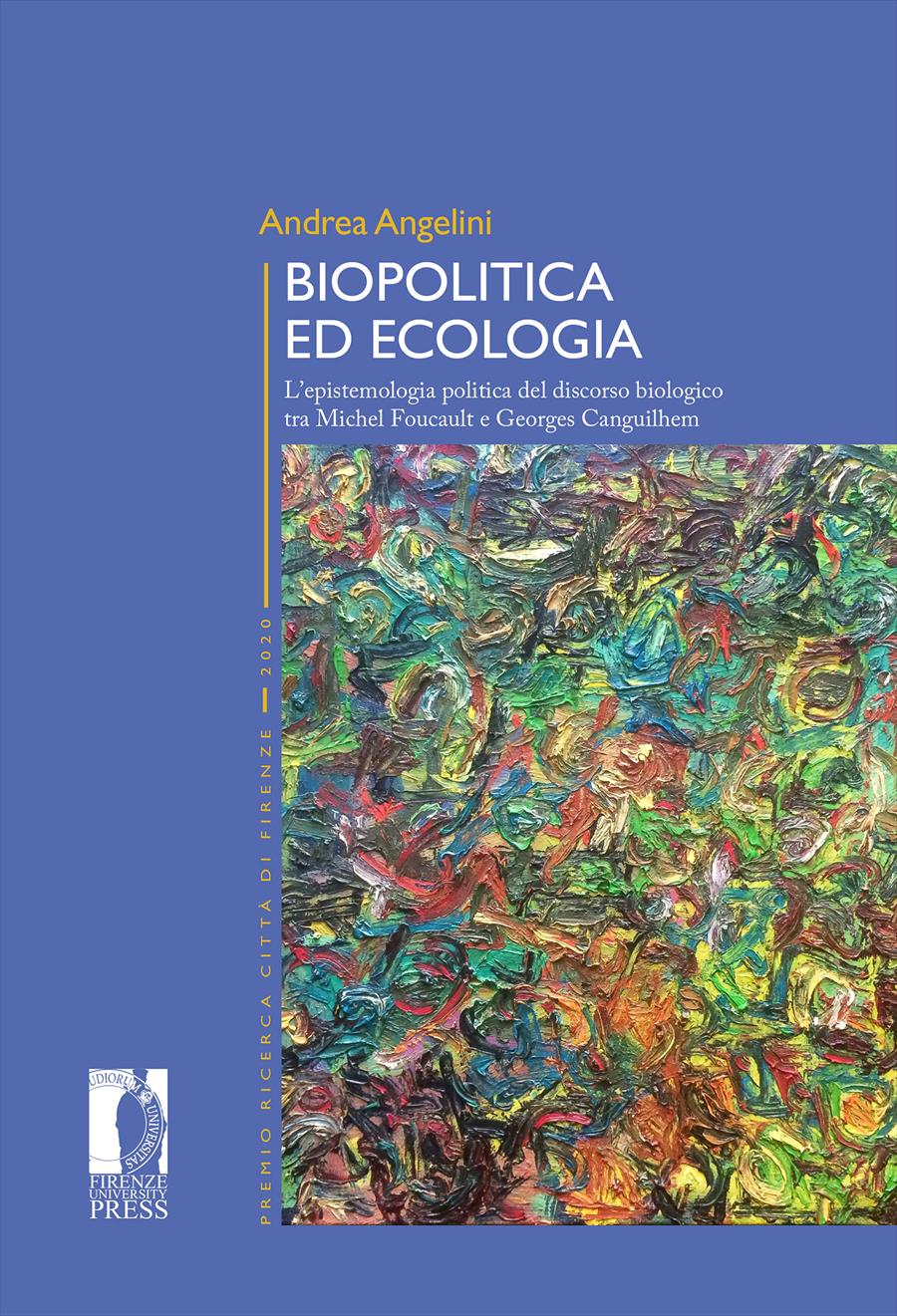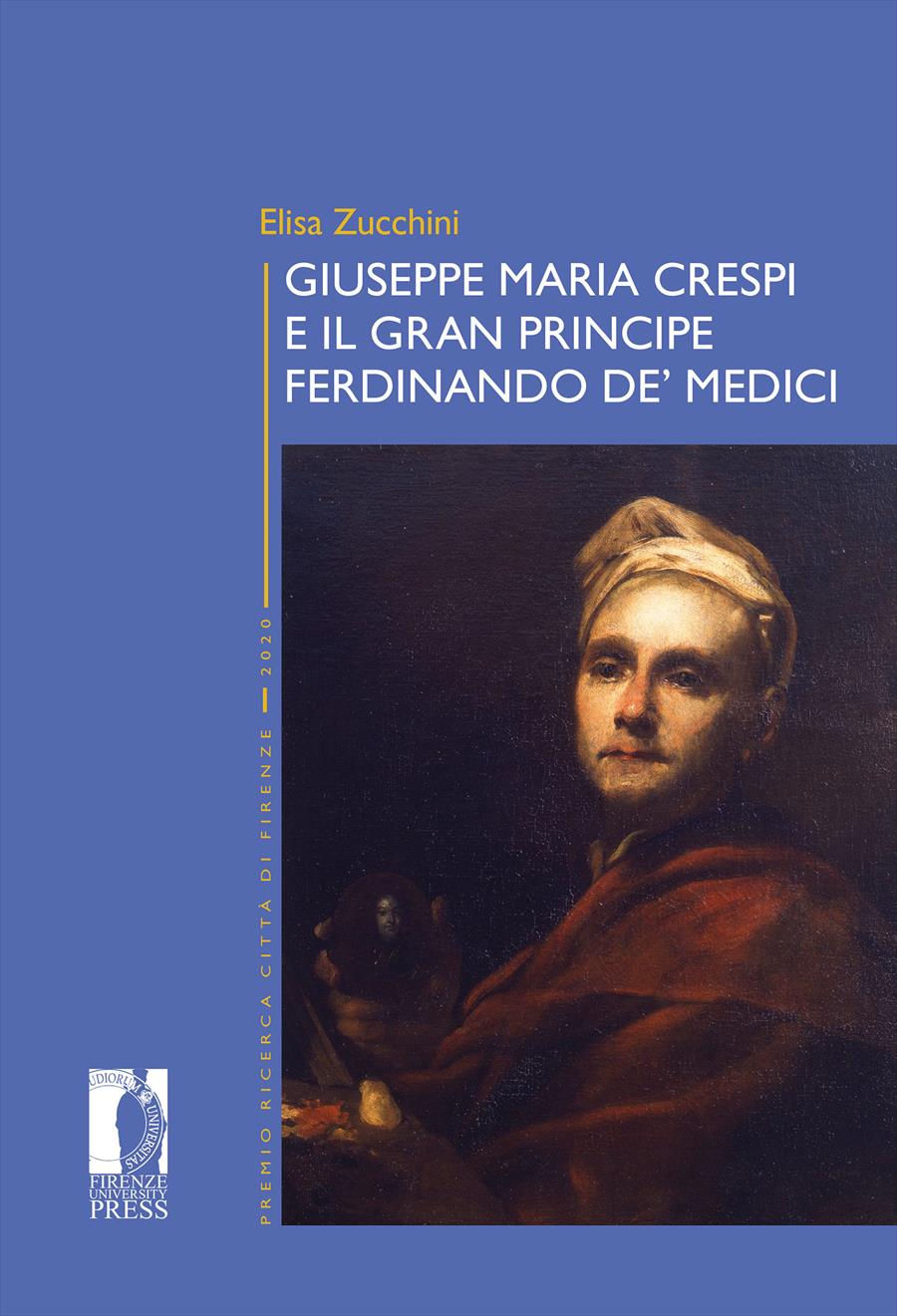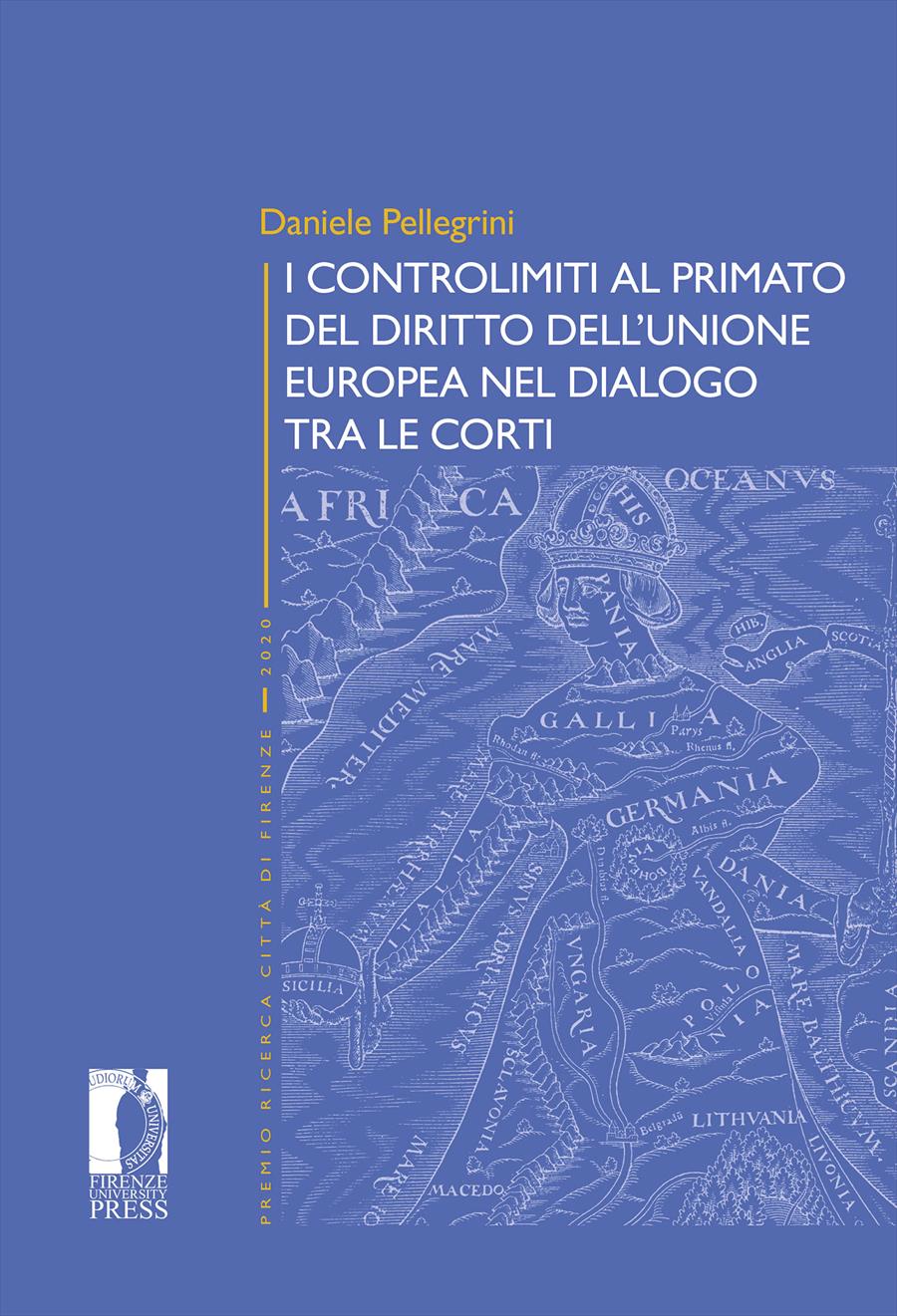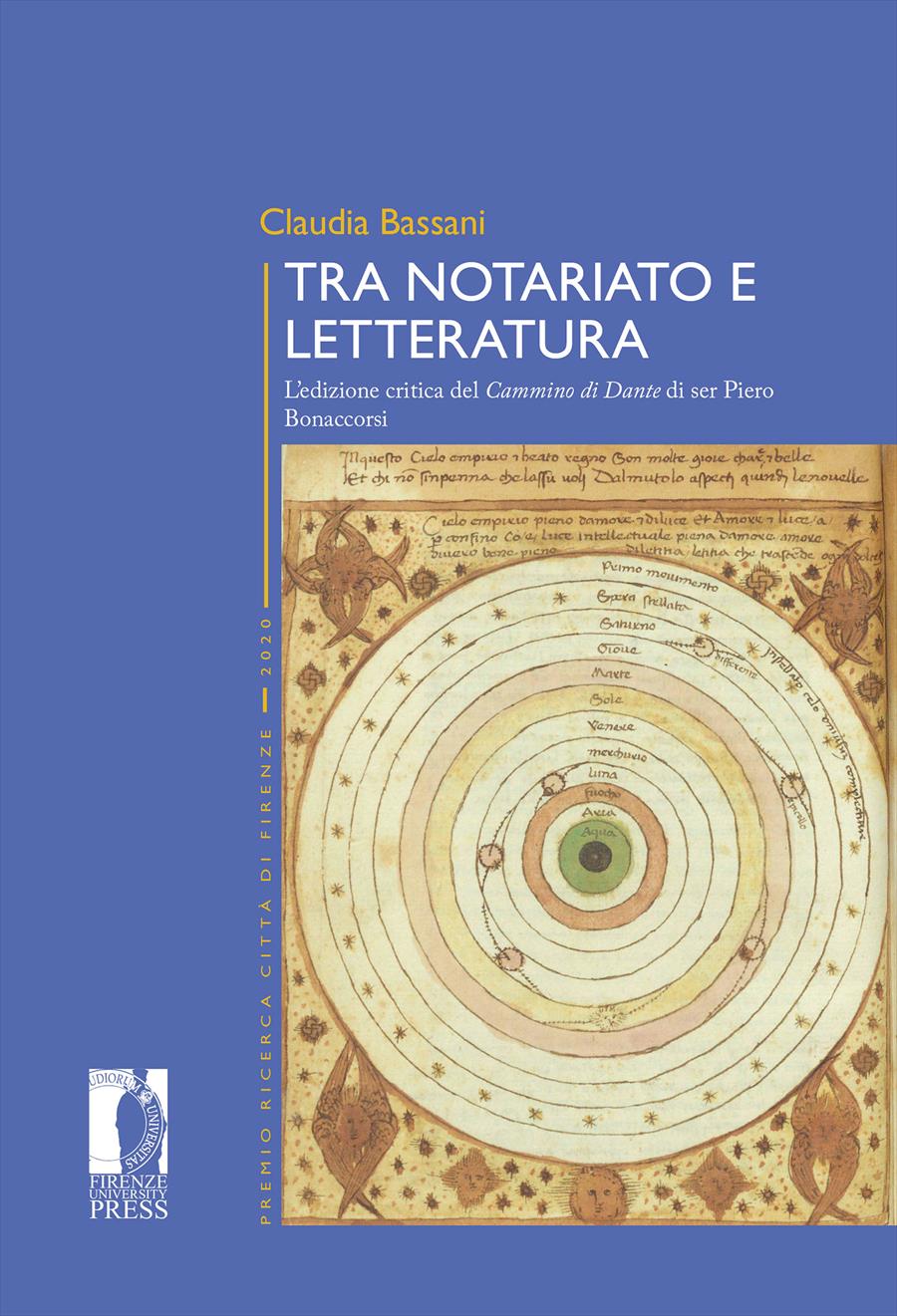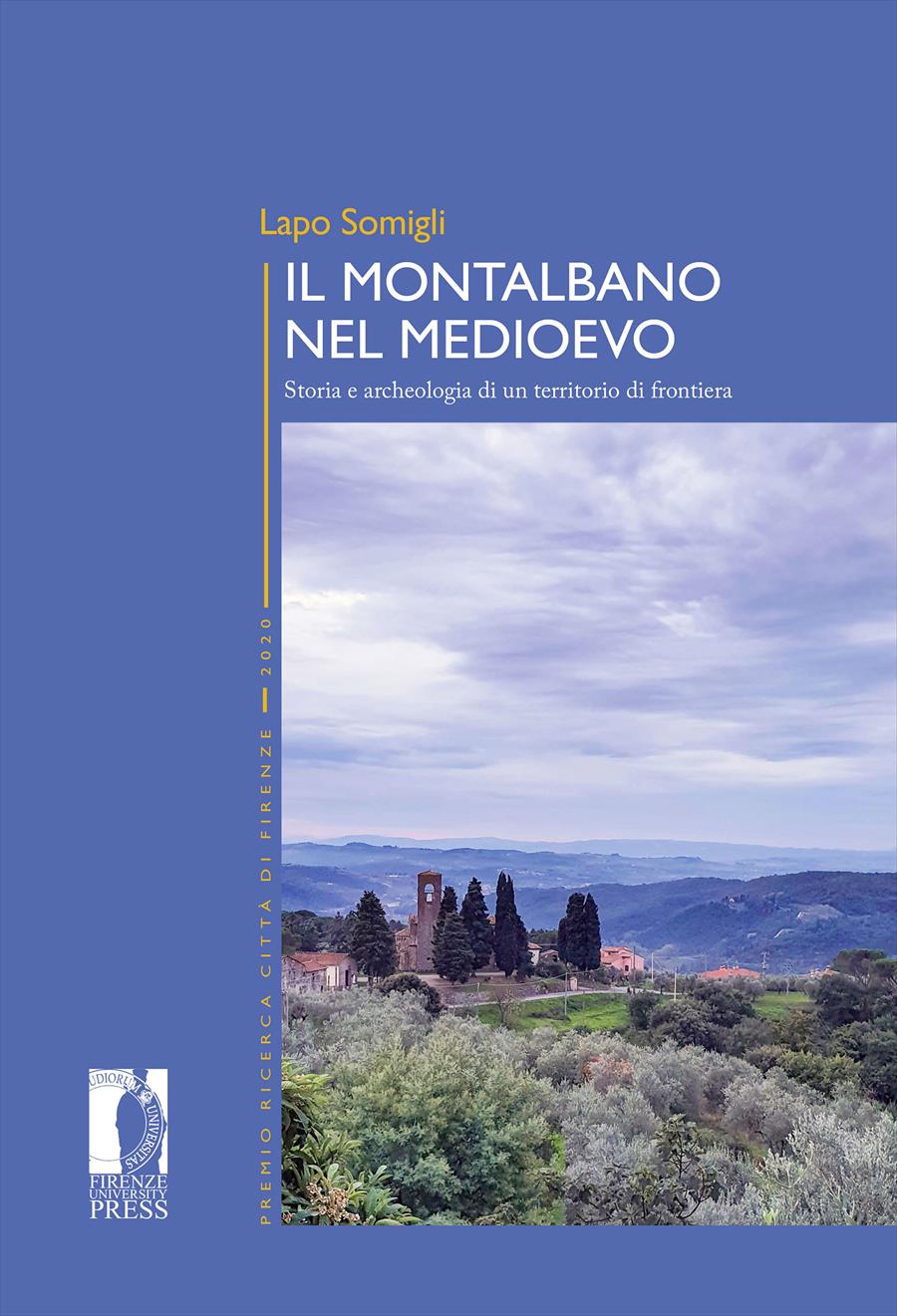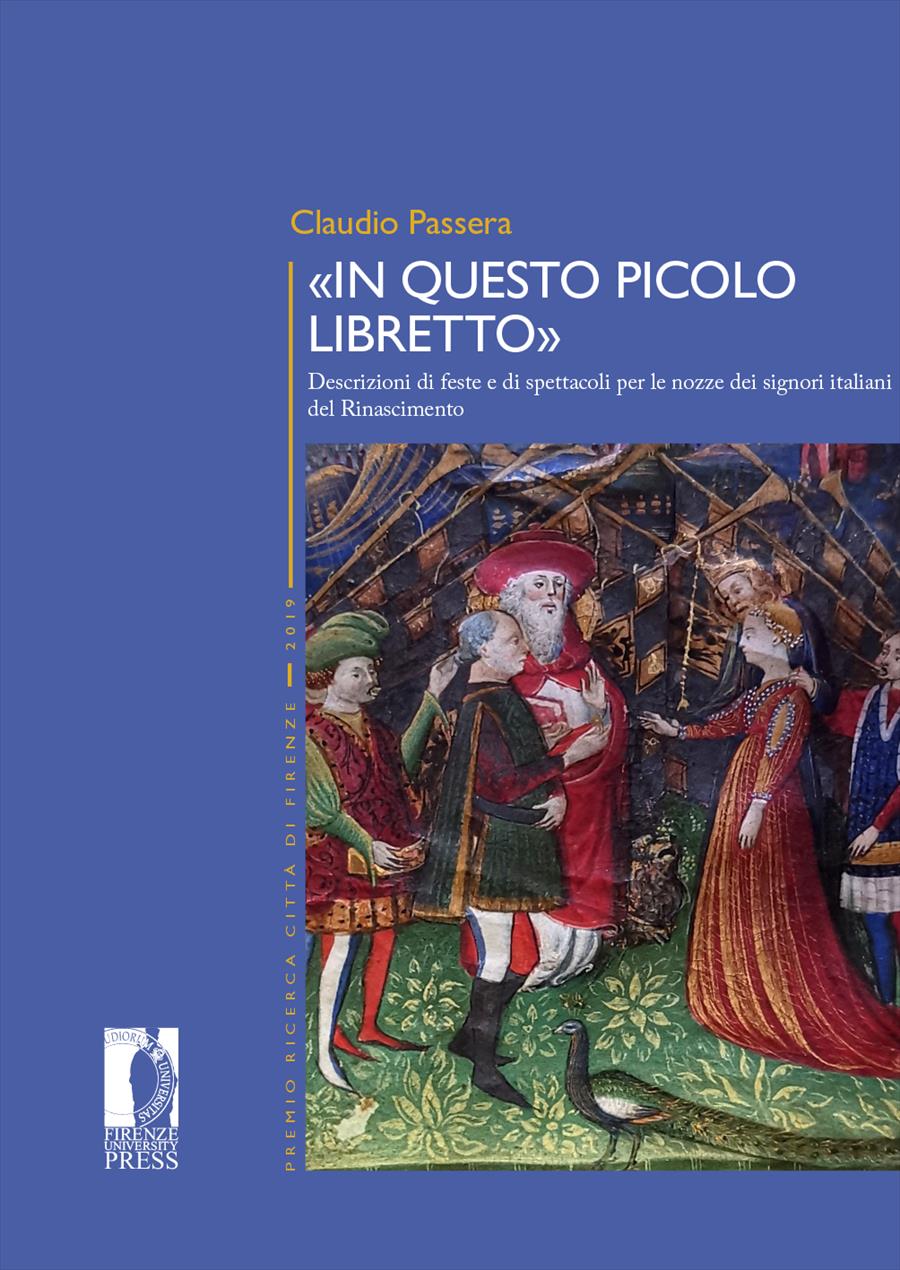Dopo gli apocalittici
Per una Media Education “integrata”
- Cosimo Di Bari,
Since the mid 20th century, the criticism of mass culture has been marked by the "apocalyptic" positions of many authors. Through the texts and ideas of three these "apocalyptic" authors (or, at least, of three authors defined as such: Adorno, Pasolini and Baudrillard), but also through the most current criticisms of ICT, the text suggests to re-read the apocalyptic authors. At the same time, it highlights the limits of information and communication technologies and their partial outdatedness, while also trying to draw inspiration from them in order to develop a model of media education which may keep alive the dialectical charge between the possibilities offered by technology and the pitfalls it sometimes hides. The apocalyptic authors, in fact, can support the need for a semiological, critical-sociological and pedagogical work, which considers the media as a problem, and creates and gives the subjects the analysis, interpretation and (critical) use skills of the media themselves. The aim is to create a form of literacy with respect to old and new "languages of knowledge", but above all with respect to the formation of critical and thoughtful, free and creative "well-made heads".
- DOI: 10.36253/978-88-6655-498-1
- Series: Premio Ricerca «Città di Firenze»
- Scientific Board
- Language: Italian
- Subjects: Education
- Download PDF
-

- © 2013 Author(s)
- CC BY-NC-ND 3.0 IT
University of Florence, Italy - ORCID: 0000-0002-3278-3519
- Publication Year: 2013
- Pages: 212
- eISBN: 978-88-6655-498-1
- Content License: CC BY-NC-ND 3.0 IT
- © 2013 Author(s)
- Publication Year: 2013
- eISBN: 978-88-9273-487-6
- Content License: CC BY-NC-ND 3.0 IT
- © 2013 Author(s)
Bibliographic Information
Book Title
Dopo gli apocalittici
Book Subtitle
Per una Media Education “integrata”
Authors
Cosimo Di Bari
Peer Reviewed
Publication Year
2013
Copyright Information
© 2013 Author(s)
Content License
Metadata License
Publisher Name
Firenze University Press
DOI
10.36253/978-88-6655-498-1
eISBN (pdf)
978-88-6655-498-1
eISBN (xml)
978-88-9273-487-6
Series Title
Premio Ricerca «Città di Firenze»
Series ISSN
2705-0289
Series E-ISSN
2705-0297
